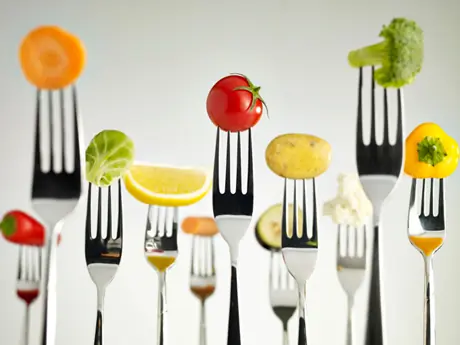
Many teens and adults with attention deficit hyperactivity disorder (ADHD) are great athletes. In elementary school, they may not have been good at sitting quietly, but they certainly could excel at sports. Many found exercise to be a calming, centering effect. With maturation, exercise still helps them get through their school or workday.
Athletes with ADHD often have trouble organizing an effective fueling protocol, including the basic tasks of shopping for and preparing food, as well as having the right foods available at the right times.
More: Healthy Shopping Tips for Busy Athletes
This can create problems with low blood sugar (hypoglycemia) and hunger that gets disguised as inability to concentrate, stay focused on a task, edginess, hot temper, and reduced athletic performance.
Athletes with ADHD often disregard these symptoms, thinking they relate to their ADHD diagnosis, not hunger and poor diet.
ADHD Medications
Athletes with ADHD often take appetite-killing meds that easily disrupt normal fueling cycles and contribute to fluctuations in energy. Athletes need steady energy to be able to concentrate and perform at their best. Hence, athletes with ADHD need to vigilantly monitor their bodies for early signs of hunger, including feeling fatigued or moody. Some may seek an energy drink such as Red Bull or some coffee, but the solution is not caffeine. They need fuel!
When athletes with ADHD miss meals due to lack of planning, they often end up craving sweets—a sign the body is too hungry and wants a sugar-fix. They can then easily succumb to overindulging in cookies, candy, and other so-called "junk foods."
This may happen at 10:00 p.m., after their appetite-suppressing meds have worn off, and this can disrupt normal sleep patterns, as well as kill their appetite for their breakfast and that perpetuates a bad eating cycle.
More: How to Determine Your Ideal Meal Frequency
What's an Athlete With ADHD To Do?
The information below is helpful for any athlete—not just those with ADHD.
Take mealtimes seriously. If you can find the time to train and compete, you can also find the time to fuel right. In fact, all competitive athletes who don't show up for meals might as well not show up for events. Everyone loses his or her competitive edge with hit-or-miss fueling.
Fuel your body on a regular schedule by eating even-sized meals at least every four hours. If meds curb your appetite, plan to eat by the clock, and not by (non-existent) hunger. If necessary, set the alarm on your watch or cell phone. If the sight or smell of food makes you nauseous, try cold beverages such as a fruit smoothie with additional protein powder.
- 1
- of
- 3
About the Author


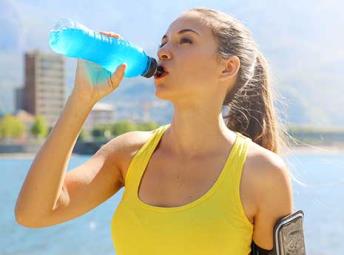
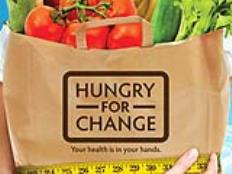
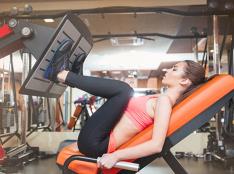


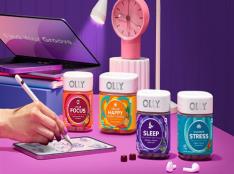
Discuss This Article